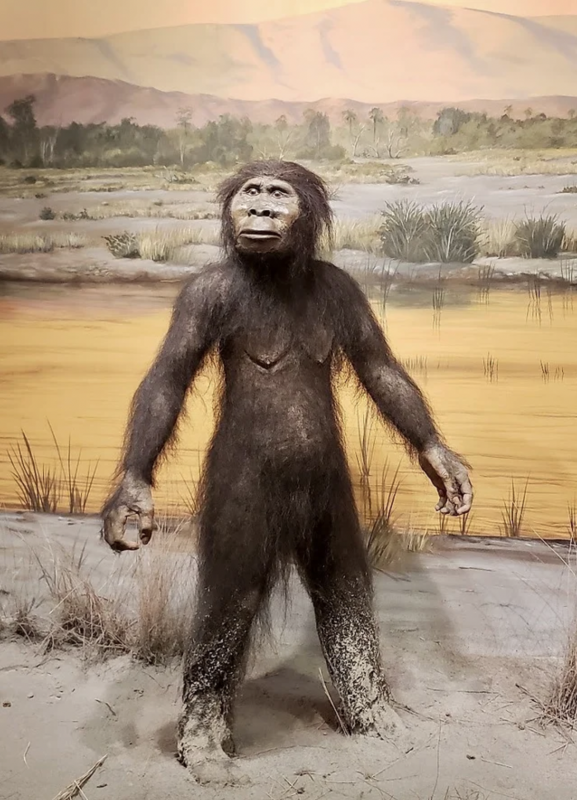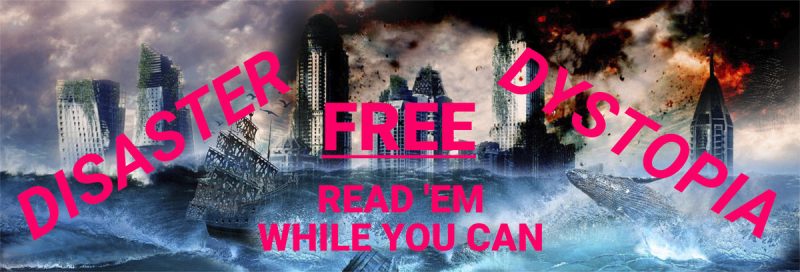Setting and characters dictate how the story will play out when told. The same story can be told in a Victorian setting, as a space opera, or as a modern day fiction. “Pride and Prejudice” in space? Sure! Darcy can be a dashing if deeply flawed space captain alien. The setting won’t change the story’s emotional tone all that much, but the details will be substantially different. Darcy can be a mage…or a dragon…or a merman…or a an enchanted sward in a fantasy novel. Darcy can be man or a woman or anything in between — it’s the character traits that matter. Imagine “Beauty and the Beast”. How many different ways can this story be told if the setting changed? Millions! In fact, we know that some readers look to read the same story over and over again set in another time and place and variations of characters.
Humans get a lot of pleasure from repetition and the ending we expect (happy or not). This is one of the reasons that some people read exclusively in one genre — when personal life is complicated and unpredictable, a little surety is appreciated in one’s entertainment. People search for emotional resonance that matches what’s going on their lives. There was a time when I read nothing but apocalyptic novels — if the universe wasn’t threatened with extinction, I wasn’t interested. I was looking for a mirror reflection of my moods in my readings. All that doom and gloom made my own world feel lighter and I could personally relate to what the characters were experiencing. Same goes for all the genre of “magical school” stories — people relate to classroom dramas even if the protagonists are mages and vampires. We’ve all been through that, all lived through the indignities of schools and adolescence. Those stories resonate despite strange powers and alien setting. At heart, they are all the same stories: a socially ostracized kid survives and even wins the day.
Here’s a little treat: The Shape of Stories by Kurt Vonnegut
All those different shape stories can be told as a science fiction, fantasy, or modern day setting. The characters can be whatever you choose: robots, ghosts, gods, traveling salesmen, etc. The shape of the story can stay the same independent of the choice of delivery. I love that!
As a writer, one of the most difficult things to write is the “back of the book jacket” summaries or, in our Amazon world, the book descriptions on that site. But when you start reading those, you will notice a pattern — a girl/woman/boy/elf goes through a secret door to enter another world. A young protagonist discovers secret letters/books/artifact that takes him/her/it/they away into another magical/alien/parallel land where they learn they have super powers (or access some alien technology or something from the future or just a way to unlock their witchiness). The difference between scifi and fantasy is the type of power unleashed: if it is from a lab, then it it scifi; if it is “within” then it is fantasy. Then there are midichlorians…but the less said on that topic the better. Hard scifi distinguishes itself by using real scientific rigor in its MacGuffin, taking science to its extreme. Hard fantasy does something similar — it makes sure that all magical powers are well-defined and have understood-by-its-readers limits.
One of my stories — “God of Small Affairs” — is currently in the running in the 3rd annual Self Published Science Fiction Competition. It just reached a quarter-finalist stage (woo-hoo!). But the main complaint from the judges is “is this really a scifi story?” And the answer is yes — any technology/phenomenon not understood can be attributed to magic whether or not it is so. My “god” has been guiding humanity from the days of Australopithecines. She/he/it is as much a god as an alien. Who is to say? The judges of the competition, of course!

And we are ready for a few good free ebooks! In this giveaway, I have two books. Are the science fiction? Fantasy? You can decide for yourself. “Mirror Shards” is about coming to terms with loss of parents and disability — survivor’s guilt. But it is set in the universe where there are many parallel realities and the hero of the story moves between them to discover alternative lives and how they could have played out. It’s a scifi adventure as well as psychological exploration of loss. Perhaps if instead of parallel worlds I used a magical device to see possibilities of choices we make in lives, then it would have been a fantasy? The other book in this giveaway is “The FATOFF Conspiracy” — a dystopian story about society obsessed with fat, food, and beauty. Is it a scifi story? Fantasy? Urban Fiction from some alternative reality? Or just our modern world? I am not sure how much that matters except to those who are looking to read only in a very specific genre. All my stories are misfits when it comes to fitting neatly on well-characterized shelves, but I hope you will enjoy them anyway.

